Disease-specific outcomes measures in otolaryngology-head and neck surgery can be completed by your patients before and after treatment, enabling tracking of these important outcomes with a minimum of disruption to the normal practice routine


Disease-specific outcomes measures in otolaryngology-head and neck surgery can be completed by your patients before and after treatment, enabling tracking of these important outcomes with a minimum of disruption to the normal practice routine

We all age, as our bodies unfailingly tell us. Muscles weaken, joints stiffen, hair thins, skin sags-the external signs are evident, albeit somewhat delayed and distorted in the increasing penchant toward masking time through cosmetics.
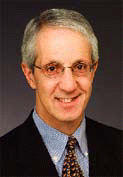
If primary care physicians are to be believed, home is where the patient is-the Patient-Centered Medical Home (PC-MH), that is.

How are your patients doing? Do you know the impact of their disorders-and the management approach you selected for them-on their health-related quality of life?
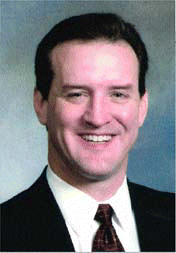
A 48-year-old woman presents to you for bilateral hearing loss, aural fullness, vertigo, nausea/vomiting, and tinnitus of two months’ duration.

When the team of otolaryngologists from Children’s Hospital in Boston, including Drs. David Roberson and Rahul Shah, among others, investigated the classification of errors and physician responses to errors as it is germane to otolaryngology, they provided a great service to their fellow specialists.
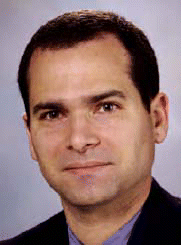
According to the American Cancer Society, smokers are six times more likely than nonsmokers to develop oral cavity and oropharyngeal cancers.
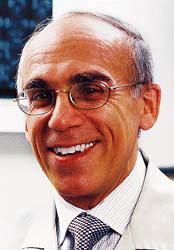
Continuous positive airway pressure (CPAP) is the standard first-line approach for moderate to severe obstructive sleep apnea.
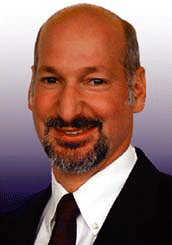

Drop-in retail clinics staffed by nurse practitioners or physician’s assistants may represent a fundamental and permanent change in how patients receive minor primary care in this country, providing affordable care and convenience-but do they serve the long-term health interests of otolaryngology patients and the doctors who treat them?